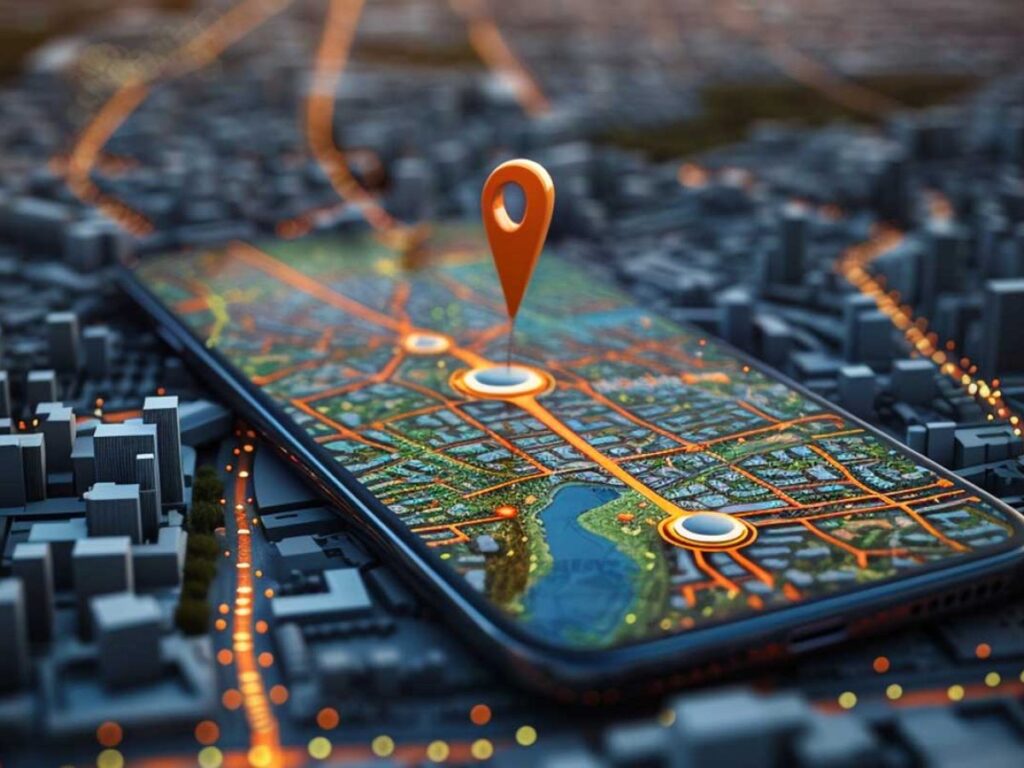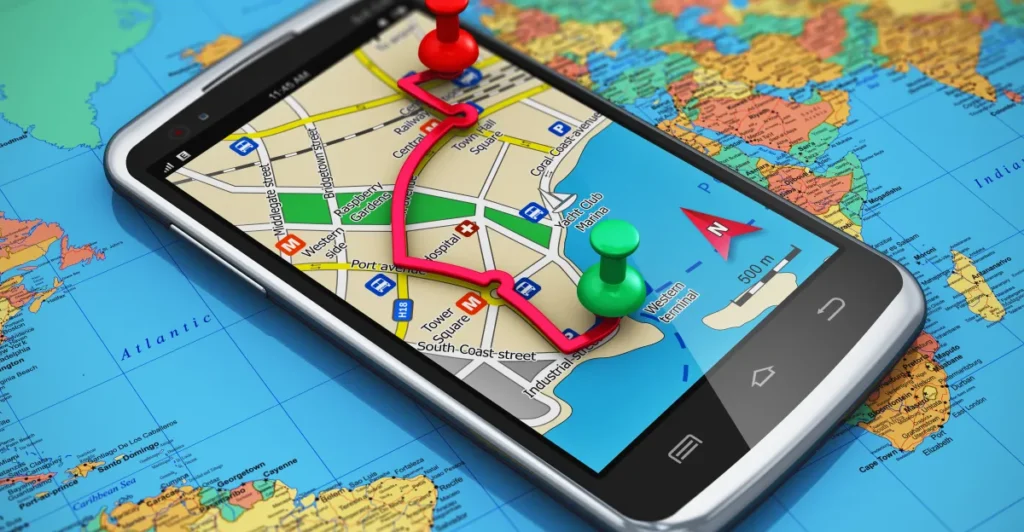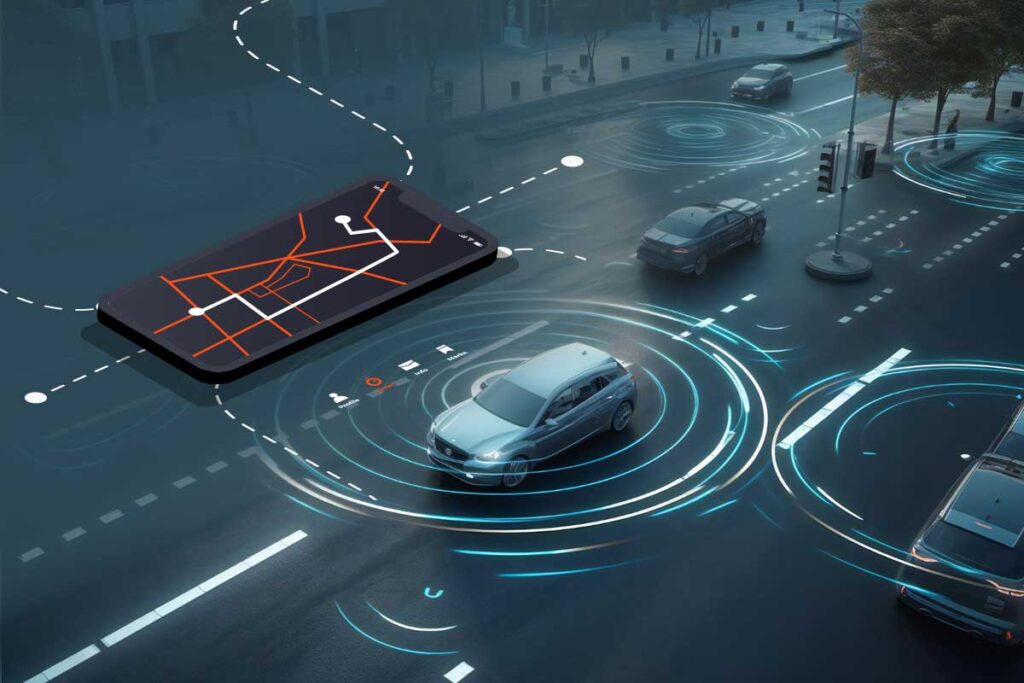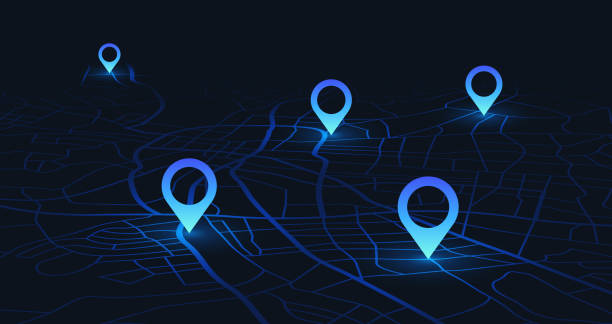A New Way to Navigate GPS technology is a global positioning system that profoundly changed the way people move about in their world. From its origin as military technology, GPS now becomes part of our everyday lives-to shape how we navigate, logistics and rescue operations. Understanding how GPS works and to what extent it applies is reflective of its importance in society.
GPS Technology How it Works
A GPS relies on a constellation that has at least 24 orbiting satellites over the earth. orbiting satellites constantly send signals containing information about their location and the actual time when these signals were transmitted. The signals are received by a GPS receiver, usually located within a smartphone, an automobile, and other handheld units and websites.
This is made possible by a method called trilateration, with which it can deduce its location. Armed with its distance from at least four satellites, the device then computes its coordinates in a three-dimensional plane latitude and longitude and altitude.

The reliability of GPS depends significantly upon atmospheric conditions as well as obstructions such as buildings or trees, and even the quality of the GPS receiver itself.
Applications of GPS Technology
Applications of GPS cut across many industries and everyday features and are, therefore, very wide-ranging, among which are the following:
1. Personal Navigation: Perhaps the most common use of GPS is within personal navigation devices in cars and Google Maps applications in phones. They give a person live directions, traffic updates, and an estimated time of arrival, thus making traveling more efficient and stress-free.
2. Emergency Services: In emergency services, GPS technology plays a vital role in minimizing time-taking response times. Ambulances, police cars, and fire trucks can get access to locate the shortest distances to the emergency with the help of GPS technology, which, in very serious cases, happens to be between life and death.
3. Logistics and Supply Chain Management: Companies use GPS notably for fleet management and logistics. Companies can locate their automobiles in real time and optimize routes and fuel use. This intensity of tracking builds accountability and efficiency in delivery services.

4. Agriculture: Technology in GPS has changed precision agriculture overnight. Farming, fertilizing, and harvesting by activities on the farm maximize the use of the land with increased yields. Since precision is as good as GPS-guided machinery, waste and cost can be minimized to close perfect precision.
5. Outdoor Sports and Recreation: With GPS on hand, hikers, cyclists, and runners can look over a course and track distance traveled. Further, professional athletes maintain that wearable GPS technology enhances performance and health metrics for quality training.
6. Geocaching and Recreation: Well, geocaching, of course, the game of hunting for treasure was significantly enhanced with the advent of GPS. Players worldwide use GPS coordinates to look for hidden caches, but it has an interest in finding and exploring outdoors.
Nevertheless, despite all these benefits, the technology of GPS does present a number of challenges. Among these are risks such as interference from signals and jamming for intentional reasons. Moreover, since a large number of devices will depend on the GPS signal, there is the further issue of privacy and data security.

New technologies brighten further prospects in GPS. These include satellite systems developed by the European Union known as Galileo and that being developed by China called Bidou, promising to increase accuracy and dependability even more. Integration of GPS technology with other applications is also becoming a trend – artificial intelligence and augmented reality, for example, and is likely to further boost the navigation application.
Conclusion
Navigation has changed dramatically with the presented GPS technology. Its necessity cannot be denied-it also finds expression in personal travel, emergency services, logistics, and agriculture. Technology, after all, will most certainly become advanced through time. So, it is most probable that we will see more of GPS in our lives later; therefore, we will see the world not only around us but each other in many ways.
